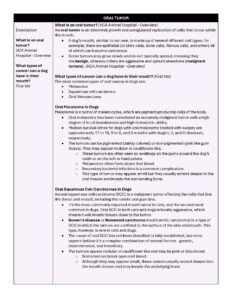Canine Oral Tumor
(Mouth Cancer) & Breeds at Risk
Research, Resources & Education
This website is based on research and is NOT created to diagnose your pet.
Each animal is an individual and may exhibit symptoms in a different way.
It is advised that you ALWAYS CHECK WITH YOUR VETERINARIAN for a proper diagnosis and treatment plan.
Please visit Lost Temple Fitness & Cancer for more information of cancer in humans including
What is Cancer and Treatments.
Table of Contents
Oral Tumor
Oral tumors are abnormal growth of cells that occur within the mouth that include skin cells, bone cells and fibrous cells. The most common types of oral cancer in dogs are Melanoma, Squamous Cell Carcinoma and Oral Fibrosarcoma.
Symptoms can include excessive drooling, bad breath, difficulty chewing or drinking, blood coming from the mouth or loose teeth. (see symptoms for complete list).
Treatment can include Surgery, Chemotherapy, Radiation and/or Canine Melanoma Vaccine
What Dogs are at Risk?
Some Dogs that are at Risk due to Genetic Predisposition
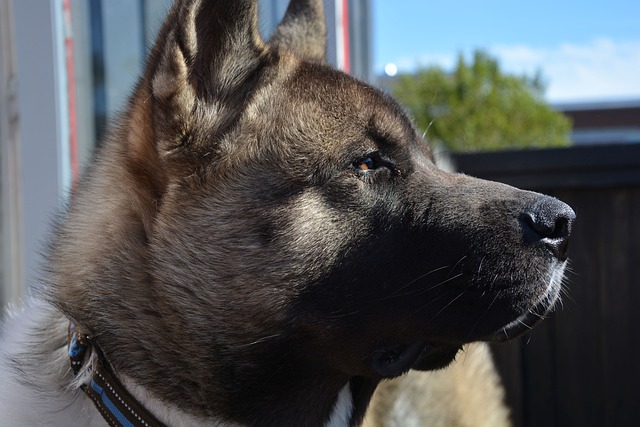

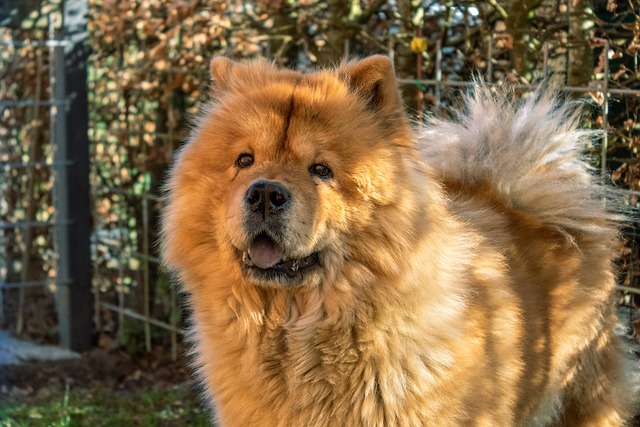

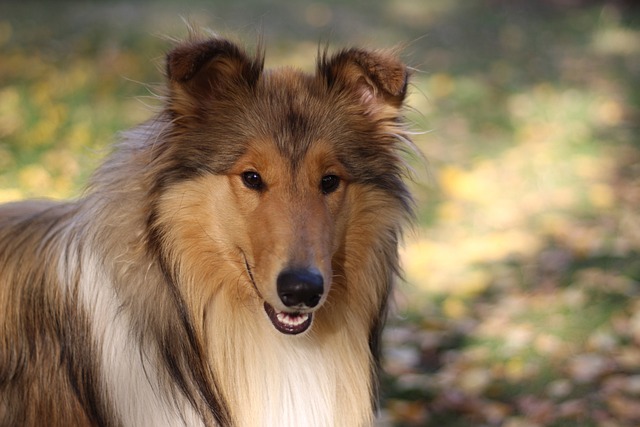

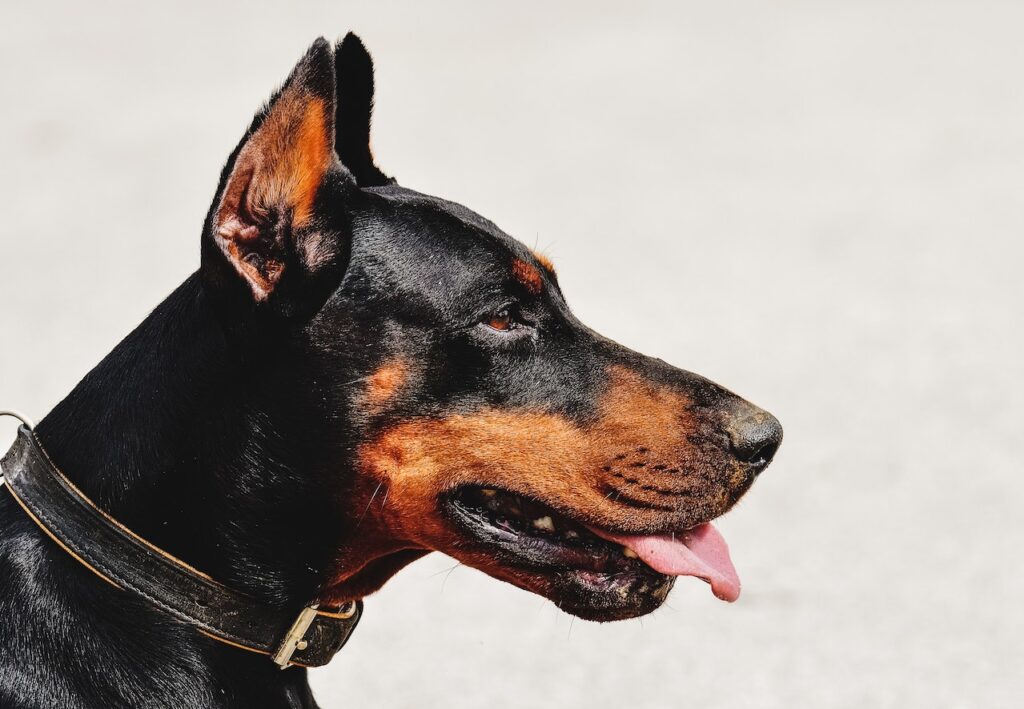

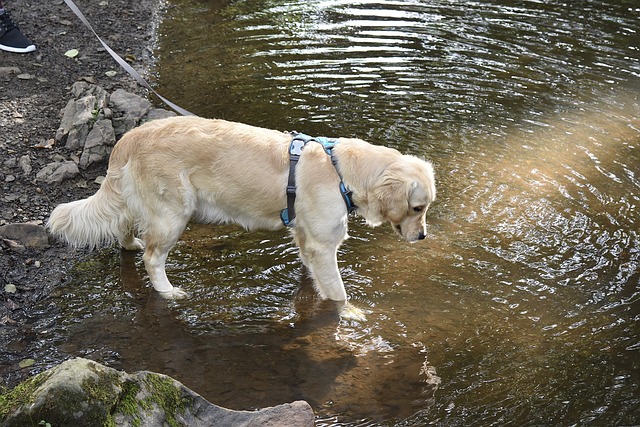
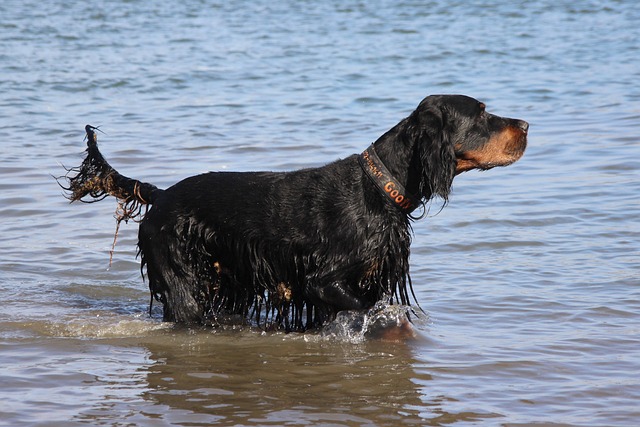



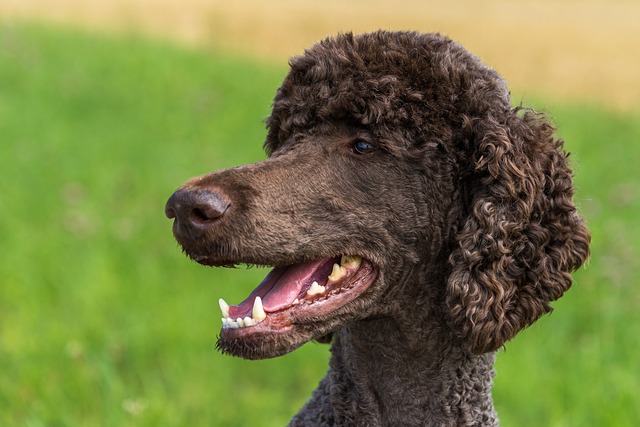
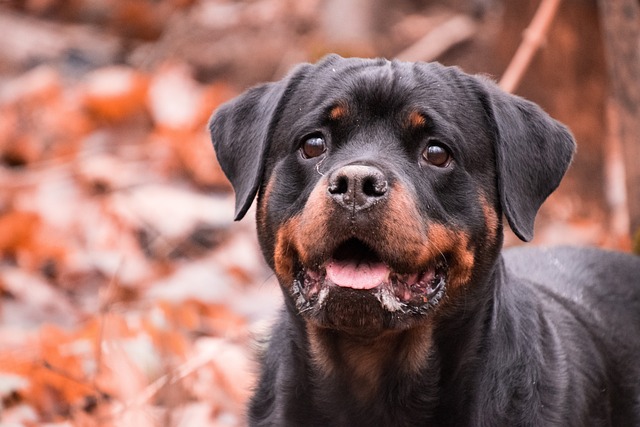

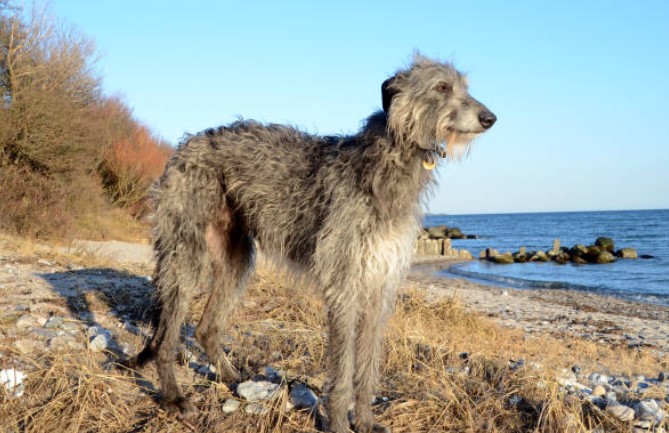
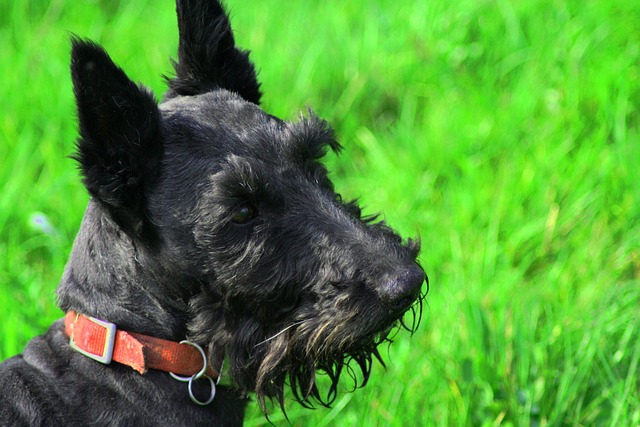
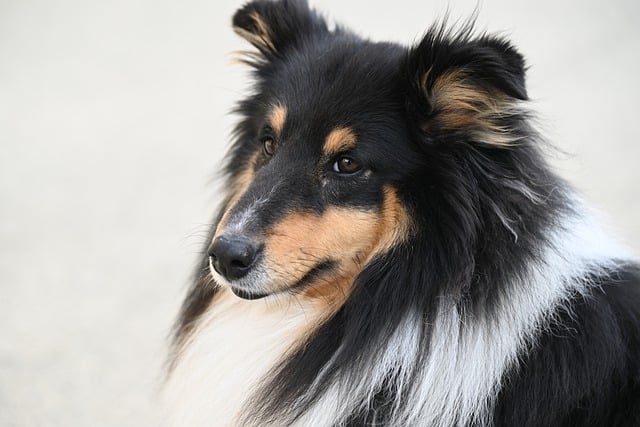
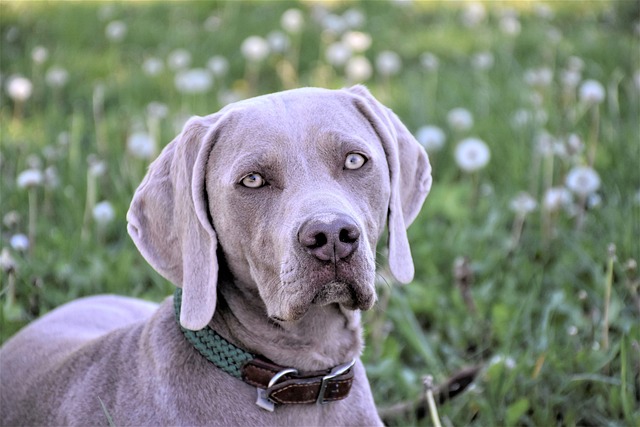
Oral Tumors & Types
What is an Oral Tumor? (VCA Animal Hospital - Overview)
What is an oral tumor? (VCA Animal Hospital – Overview)
An oral tumor is an abnormal growth and unregulated replication of cells that occur within the mouth.
- A dog’s mouth, similar to our own, is made up of several different cell types; for example, there are epithelial (or skin) cells, bone cells, fibrous cells, and others all of which can become cancerous.
- Some tumors may grow slowly and do not typically spread, meaning they are benign, whereas others are aggressive and spread elsewhere (malignant tumors). (VCA Animal Hospital – Overview)
What Types of Cancer can a Dog have in their Mouth? (First Vet)
What types of cancer can a dog have in their mouth? (First Vet)
The most common types of oral cancer in dogs are:
- Melanoma
- Squamous cell carcinoma
- Oral fibrosarcoma
Oral Melanoma in Dogs
Melanoma is a tumor of melanocytes, which are pigment-producing cells of the body.
- Oral melanoma has been considered an extremely malignant tumor with a high degree of local invasiveness and high metastatic ability.
- Median survival times for dogs with oral melanoma treated with surgery are approximately 17 to 18, 5 to 6, and 3 months with stage I, II, and III diseases, respectively.
- The tumors can be pigmented (darkly colored) or non-pigmented (pink like gum tissue). They may appear nodular or cauliflower-like.
- These tumors are often seen as swellings on the gums around the dog’s teeth or on the soft or hard palate.
- Melanomas often form ulcers that bleed.
- Secondary bacterial infection is a common complication.
- This type of tumor may appear small but they usually extend deeper in the oral tissues and invade the surrounding bone.
Oral Squamous Cell Carcinomas in Dogs
An oral squamous cell carcinoma (SCC) is a malignant tumor affecting the cells that line the throat and mouth, including the tonsils and gum line.
- It’s the most commonly reported mouth tumor in cats, and the second most common in dogs. Oral SCC in both cats and dogs is locally aggressive, which means it will invade tissues close to the tumor.
- Bowen’s disease or Bowenoid carcinoma (multicentric carcinoma) is a type of SCC in which the tumors are confined to the surface of the skin and mouth. This type, however, is rare in cats and dogs.
- The cause of oral SCC has not been identified or fully established, but most experts believe it’s a complex combination of several factors – genetic, environmental, and hereditary.
- The tumors appear nodular or cauliflower-like and may be pink or discolored.
- Some tumors break open and bleed.
- Although they may appear small, these tumors usually extend deeper into the mouth tissues and may invade the underlying bone.
Oral Fibrosarcoma in Dogs
Oral fibrosarcoma’s originate from the fibrous connective tissues of the mouth.
- These are malignant, rapidly growing tumors. Recurrence is very high after surgery, and metastasis is very common.
- The tumors may appear as swollen areas within the mouth. They frequently ulcerate and become infected.
- Surgery to remove the tumor is the standard treatment of choice for fibrosarcoma’s. If adjacent lymph nodes are affected, they are also removed during surgery. (First Vet)
Oral Tumor Videos
YouTube Videos that help explain Osteosarcoma in Dogs
Disclaimer:
This is for research only and Lost Temple Pets does not endorse any video presented on this website.
It is advised that you ALWAYS CHECK WITH YOUR VETERINARIAN for a proper diagnosis and treatment plan.
Causes
What Causes these Types of Tumors? (VCA Animal Hospital – Squamous and Melanoma)
What causes these types of tumors? (VCA Animal Hospital – Squamous and Melanoma)
The reason why a particular dog develops this, or any tumor, is not straightforward.
- Very few tumors and cancers have a single known cause. Most seem to be caused by a complex mix of risk factors, some environmental and some genetic or hereditary.
- Male dogs appear to be twice as likely to develop oral cancer than female dogs.
- In cats, exposure to smoke, as well as the use of flea collars have been identified as significant risk factors for the development of squamous cell carcinoma.
- In dogs, no such correlation has been made, but may be possible. UV exposure has also been proposed as a risk factor in the development of squamous cell carcinoma of the skin covering the nostrils.
Recent studies have shown that exposure to papilloma-like viruses may contribute to the development of multicentric SCC in the mouth. (VCA Animal Hospital – Squamous and Melanoma)
Symptoms
Symptoms and Types of Oral Cancer in Dogs (PetMD by Chewy)
Symptoms and Types of Oral Cancer in Dogs (PetMD by Chewy)
The most common types of oral cancers in dogs are melanoma, squamous cell carcinoma and fibrosarcoma.
They all produce similar symptoms, which generally include some combination of the following:
- Excessive drooling
- Bad breath (halitosis)
- Difficulty chewing (dysphagia) or drinking
- Blood coming from the mouth
- Oral pain
- Weight loss
- Loose teeth
- Visible mass in the mouth
- Enlarged lymph nodes in the neck (occasionally)
- Swollen or deformed areas on the face (PetMD by Chewy)
What are the Clinical Signs of Squamous Cell Carcinomas? (VCA Animal Hospital – Squamous)
What are the clinical signs of squamous cell carcinomas? (VCA Animal Hospital – Squamous)
Lesions may appear as diffusely thickened, plaque-like areas, or may be more nodular or cauliflower-like in appearance, arising from any location within the mouth. Others may be associated with the gum line, may be pink or discolored, and may ulcerate (break open and bleed).
- These tumors may look small but may actually extend deeper into the tissues than expected, invading the underlying bone.
- Your pet’s clinical signs will depend on the location, tumor type, tumor size, and presence of spread.
- Oral pain is usually apparent, especially in pets with tumors that have penetrated the underlying bone. This may cause signs such as excessive salivation, excessive panting, bad breath (halitosis), lack of appetite, difficulty eating, and reluctance to be touched on the head.
- Secondary infections are also common.
- Swelling of one or both tonsils occurs with tonsillar SCC resulting in difficulty breathing and problems with swallowing. (VCA Animal Hospital – Squamous)
What are the Clinical Signs of Melanoma? (VCA Animal Hospital – Melanomas)
What are the clinical signs of melanoma? (VCA Animal Hospital – Melanomas)
Lesions may appear as thickened and pigmented nodules, arising from any location within the mouth. These tumors may look small from the outside but extend deeper into the tissues than expected, invading the underlying bone.
- Alternately, the bone may be affected first causing significant oral swelling.
- Oral pain is usually apparent, especially in dogs with tumors that have penetrated the underlying bone.
- Signs may include bad breath (halitosis), drooling, panting, movement or loss of teeth, bleeding from the teeth, lack of appetite or difficulty eating, reluctance to be touched on the head, facial swelling, and swelling of the lymph nodes. (VCA Animal Hospital – Melanomas)
Testing / Diagnosis
Diagnosis (PetMD by Chewy)
Diagnosis (PetMD by Chewy)
As part of a thorough physical examination, your veterinarian will look inside your dog’s mouth for tumors or other abnormalities. This may require sedation.
- Bloodwork and a urinalysis will provide insight about your dog’s overall health status and are essential to planning appropriate treatment.
- X-ray images of your dog’s chest may show whether a growth in the mouth has spread to the chest, and a CT scan or MRI of your dog’s mouth may be recommended to determine how invasive the tumor.
- A tissue biopsy will be taken to determine which kind of cancer is present.
- In some cases, the entire visible mass can be removed and sent off for identification, but at other times, it’s best to remove just a small piece of the tumor to better plan for future surgery and other necessary treatments.
- The veterinarian may also want to take a small sample from the lymph nodes to determine whether there are cancerous cells there.
(PetMD by Chewy)
Treatment
Treatment and Prognosis for Dogs with Mouth Cancer (First Vet)
Treatment and Prognosis for Dogs with Mouth Cancer (First Vet)
Treatment of melanoma is two-pronged – localized treatment of the tumor and systemic treatment because of the high potential for metastasis.
Surgery
- Local control involves surgery to remove the entire tumor. To remove all of the mass, a portion of the bone of the upper or lower jaw may need to be removed. Most dogs do well after surgery without any impact on their quality of life.
Radiation Therapy
- When surgery is unable to completely remove the oral tumor, radiation therapy is given to help kill any residual disease and decrease or slow down the risk for recurrence.
- About 75% of patients that undergo radiation therapy experienced a decrease in tumor size depending on the stage of the disease.
Canine Melanoma Vaccine
- There is a vaccine that is administered once every two weeks for four treatments for dogs with melanoma. A booster vaccine is given once every 6 months after the initial 4 doses.
- However, the vaccine has its downsides – it can take the dog’s immune system a minimum of 2-3 months before it can mount an adequate immune response that will destroy the melanoma cells.
Chemotherapy
- Chemotherapy is not recommended because it lacks efficacy. Less than 30% of patients have been shown to respond positively to chemotherapy which is often used for patients with fast-growing or aggressive tumors to slow down the growth and spread and to give time for the vaccine to work. (First Vet)
References
References
First Vet – Common Types of Oral Cancer in Dogs
https://firstvet.com/us/articles/common-types-of-oral-cancer-in-dogs
Merck Vet Manual – Oral Tumors in Small Animals
By Alexander M. Reiter, Dipl. Tzt., DEVDC, DAVDC
Reviewed/Revised May 2014
PetMD by Chewy – Dog Mouth Cancer: Symptoms, Treatment and Life Expectancy
By PetMD Editorial. Reviewed by Jennifer Coates, DVM
Updated Aug. 12, 2022
Reviewed for accuracy on August 19, 2019, by Dr. Jennifer Coates, DVM
https://www.petmd.com/dog/conditions/cancer/c_dg_oral_cavity_tumors
VCA Animal Hospital – Melanomas Oral Tumors in Dogs – Melanomas
By Ryan Llera, BSc, DVM; Jan Bellows, DVM, Dipl. AVDC, ABVP; Christopher Pinard, DVM
https://vcahospitals.com/know-your-pet/oral-tumors-in-dogs-melanoma
VCA Animal Hospital – Overview – Oral Tumors in Dogs – An Overview
By Malcolm Weir, DVM, MSc, MPH; Jan Bellows, DVM, Dipl. AVDC, ABVP; Christopher Pinard, DVM
https://vcahospitals.com/know-your-pet/oral-tumors-in-dogs-an-overview
VCA Animal Hospital – Squamous – Oral Tumors – Squamous Cell Carcinoma –
By Malcolm Weir, DVM, MSc, MPH; Jan Bellows, DVM, Dipl. AVDC, ABVP; Christopher Pinard, DVM
https://vcahospitals.com/know-your-pet/oral-tumors-squamous-cell-carcinoma
Cancer/Breed Chart
| BREED | BRAIN | HEMANGIO- SARCOMA | LYMPHOMA | MAMMARY TUMORS | MAST CELL TUMOR | MELANOMA | NASAL TUMOR | ORAL | OSTEOSARCOMA | PERIANAL/ ANAL SAC | SOFT TISSUE SARCOMA | TRANSITIONAL (TCC) / UROTHELIAL (UC) |
|---|---|---|---|---|---|---|---|---|---|---|---|---|
| Airedale Terrier | Lymphoma | Melanoma | Nasal Tumor | Soft Tissue Sarcoma | TCC or UC | |||||||
| Basset Hound | Hemangiosarcoma | Lymphoma | Nasal Tumor | Soft Tissue Sarcoma | ||||||||
| Bulldog, English | Brain | Lymphoma | Mast Cell Tumor | Perianal/Anal Sac | Soft Tissue Sarcoma | |||||||
| Bullmastiff | Lymphoma | Mast Cell Tumor | Soft Tissue Sarcoma | |||||||||
| St. Bernard | Lymphoma | Osteosarcoma | Soft Tissue Sarcoma | |||||||||
| Golden Retriever | Brain | Hemangiosarcoma | Lymphoma | Mast Cell Tumor | Melanoma | Oral | Osteosarcoma | Perianal/Anal Sac | Soft Tissue Sarcoma | |||
| Labrador Retriever | Hemangiosarcoma | Lymphoma | Mast Cell Tumor | Melanoma | Nasal Tumor | Oral | ||||||
| Scottish Terrier | Brain | Lymphoma | Melanoma | Nasal Tumor | Oral | Soft Tissue Sarcoma | TCC or UC | |||||
| Boxer | Brain (Glioma) | Hemangiosarcoma | Lymphoma | Mammary Tumor | Mast Cell Tumor | Oral | Osteosarcoma | Soft Tissue Sarcoma | ||||
| Beagle | Hemangiosarcoma | Lymphoma | Mast Cell Tumor | Perianal/Anal Sac | TCC or UC | |||||||
| West Highland White Terrier | Lymphoma | |||||||||||
| Chow Chow | Lymphoma | Melanoma | Oral | |||||||||
| Poodle, Standard | Lymphoma | Melanoma | Nasal Tumor | Oral | ||||||||
| Rottweiler | Lymphoma | Oral | Osteosarcoma | |||||||||
| Poodle, Toy | Lymphoma | Mammary Tumor | Melanoma | Nasal Tumor | ||||||||
| Yorkshire Terrier | Lymphoma | Mammary Tumor | ||||||||||
| German Shepherd | Hemangiosarcoma | Lymphoma | Mammary Tumor | Melanoma | Nasal Tumor | Oral | Osteosarcoma | Perianal/Anal Sac | ||||
| Poodle, Miniature | Lymphoma | Mammary Tumor | Melanoma | Nasal Tumor | Oral | |||||||
| Affenpinscher | ||||||||||||
| Afghan Hound | ||||||||||||
| Alaskan Malamute | Perianal/Anal Sac | |||||||||||
| American Eskimo, Toy and Standard | ||||||||||||
| American Foxhound | ||||||||||||
| American Pitt Bull Terrier | Hemangiosarcoma | |||||||||||
| American Staffordshire Terrier | ||||||||||||
| American Water Spaniel | ||||||||||||
| Anatolian Shepherd Dog | ||||||||||||
| Australian Cattle Dog | TCC or UC | |||||||||||
| Australian Shepherd | TCC or UC | |||||||||||
| Australian Terrier | ||||||||||||
| Basenji | ||||||||||||
| Bearded Collie | ||||||||||||
| Beauceron | ||||||||||||
| Bedlington Terrier | ||||||||||||
| Belgian Groenendael | ||||||||||||
| Belgian Malinois | ||||||||||||
| Belgian Tervuren | ||||||||||||
| Bernese Mountain Dog | Hemangiosarcoma | Melanoma | Soft Tissue Sarcoma | |||||||||
| Bichon Frise’ | TCC or UC | |||||||||||
| Black and Tan Coonhound | ||||||||||||
| Black Russian Terrier | ||||||||||||
| Bloodhound | Soft Tissue Sarcoma | |||||||||||
| Boerboel | ||||||||||||
| Border Collie | Brain | TCC or UC | ||||||||||
| Border Terrier | ||||||||||||
| Borzoi | Osteosarcoma | |||||||||||
| Boston Terrier | Brain | Mast Cell Tumor | Melanoma | Soft Tissue Sarcoma | ||||||||
| Bouvier des Flandres | Soft Tissue Sarcoma | |||||||||||
| Briard | ||||||||||||
| Brussels Griffon | ||||||||||||
| Bull Terrier | Mast Cell Tumor | Melanoma | ||||||||||
| Bull Terrier, Miniature | Mast Cell Tumor | Melanoma | ||||||||||
| Cairn Terrier | ||||||||||||
| Canaan Dog | ||||||||||||
| Cane Corso (Italian Mastiff) | ||||||||||||
| Caucasian Shepherd | ||||||||||||
| Cavalier King Charles Spaniel | Perianal/Anal Sac | |||||||||||
| Chesapeake Bay Retriever | Melanoma | |||||||||||
| Chinese Crested | ||||||||||||
| Chinese Shar-Pei | Mast Cell Tumor | Soft Tissue Sarcoma | TCC or UC | |||||||||
| Clumber Spaniel | ||||||||||||
| Curly Coated Retriever | ||||||||||||
| Dalmation | Hemangiosarcoma | |||||||||||
| Dandie Dinmont Terrier | ||||||||||||
| Dogo Argentino | ||||||||||||
| Dogue de Bordeaux | ||||||||||||
| English Foxhound | ||||||||||||
| English Toy Spaniel AKA King Charles Spaniel | ||||||||||||
| Field Spaniel | ||||||||||||
| Finnish Spitz | ||||||||||||
| Flat-Coated Retriever | Hemangiosarcoma | |||||||||||
| Fox Terrier, Smooth | Mast Cell Tumor | |||||||||||
| Fox Terrier, Toy | Mast Cell Tumor | |||||||||||
| Fox Terrier, Wire | TCC or UC | |||||||||||
| French Bulldog | ||||||||||||
| German Pinscher | ||||||||||||
| German Wirehaired Pointer | ||||||||||||
| Glen of Imaal Terrier | ||||||||||||
| Great Dane | Brain | Osteosarcoma | Soft Tissue Sarcoma | |||||||||
| Great Pyrenees | ||||||||||||
| Greater Swiss Mountain Dog | ||||||||||||
| Greyhound | Brain (Meningioma) | Hemangiosarcoma | Osteosarcoma | Soft Tissue Sarcoma | ||||||||
| Harrier | ||||||||||||
| Havanese | ||||||||||||
| Ibizan Hound | ||||||||||||
| Irish Terrier | ||||||||||||
| Irish Water Spaniel | ||||||||||||
| Irish Wolfhound | Osteosarcoma | |||||||||||
| Italian Greyhound | Brain | Hemangiosarcoma | ||||||||||
| Japanese Chin | ||||||||||||
| Keeshond | Nasal Tumor | |||||||||||
| Kerry Blue Terrier | ||||||||||||
| Komondor | ||||||||||||
| Kuvasz | ||||||||||||
| Lakeland Terrier | ||||||||||||
| Leonberger | Osteosarcoma | |||||||||||
| Lhasa Apso | TCC or UC | |||||||||||
| Lowchen | ||||||||||||
| Manchester Terrier Toy | ||||||||||||
| Manchester Terrier, Standard | ||||||||||||
| Mastiff | Brain | |||||||||||
| Miniature Pincher | ||||||||||||
| Neapolitan Mastiff | ||||||||||||
| Newfoundland | ||||||||||||
| Norfolk Terrier | ||||||||||||
| Norwegian Buhund | ||||||||||||
| Norwegian Elkhound | Brain | Nasal Tumor | ||||||||||
| Norwich Terrier | ||||||||||||
| Nova Scotia Duck Tolling Retriever | ||||||||||||
| Old English Sheepdog | Brain | |||||||||||
| Otterhound | ||||||||||||
| Papillon | ||||||||||||
| Parsons Russell Terrier | TCC or UC | |||||||||||
| Pekingese | Brain | |||||||||||
| Petit Basset Griffon Vendeen (PBGV) | ||||||||||||
| Pharaoh Hound | ||||||||||||
| Plott Hound | ||||||||||||
| Polish Lowland Sheepdog | ||||||||||||
| Pomeranian | ||||||||||||
| Portuguese Water Dog | Brain | Hemangiosarcoma | ||||||||||
| Presa Canario | ||||||||||||
| Pug | Brain | Mast Cell Tumor | Soft Tissue Sarcoma | |||||||||
| Puli | ||||||||||||
| Pyrenean Shepherd | ||||||||||||
| Rhodesian Ridgeback | Mast Cell Tumor | Soft Tissue Sarcoma | ||||||||||
| Saluki | ||||||||||||
| Samoyed | Perianal/Anal Sac | |||||||||||
| Schipperke | ||||||||||||
| Schnauzer, Miniature | Mast Cell Tumor | Melanoma | Perianal/Anal Sac | Soft Tissue Sarcoma | ||||||||
| Schnauzer, Standard | Mast Cell Tumor | Melanoma | Soft Tissue Sarcoma | |||||||||
| Sealyham Terrier | ||||||||||||
| Shiba Inu | ||||||||||||
| Shih Tzu | Brain | |||||||||||
| Siberian Husky | Perianal/Anal Sac | |||||||||||
| Silky Terrier | ||||||||||||
| Skye Terrier | Hemangiosarcoma | |||||||||||
| Soft-Coated Wheaten Terrier | ||||||||||||
| Spinone Italiano | ||||||||||||
| Staffordshire Bull Terrier | Mast Cell Tumor | |||||||||||
| Sussex Spaniel | ||||||||||||
| Swedish Vallhund | ||||||||||||
| Tibetan Mastiff | ||||||||||||
| Tibetan Spaniel | ||||||||||||
| Tibetan Terrier | ||||||||||||
| Tosa | ||||||||||||
| Vizsla | Melanoma | |||||||||||
| Weimaraner | Mast Cell Tumor | |||||||||||
| Welsh Corgi, Cardigan | ||||||||||||
| Welsh Corgi, Pembroke | ||||||||||||
| Welsh Springer Spaniel | ||||||||||||
| Welsh Terrier | ||||||||||||
| Whippet | Hemangiosarcoma | TCC or UC | ||||||||||
| Wirehaired Pointing Griffon | ||||||||||||
| Akita (American) | Oral | |||||||||||
| Collie, Rough / Smooth Coat | Brain (Meningioma) | Nasal Tumor | Oral | TCC or UC | ||||||||
| Gordon Setter | Melanoma | Oral | ||||||||||
| Irish Setter | Melanoma | Oral | Osteosarcoma | Soft Tissue Sarcoma | ||||||||
| Schnauzer, Giant | Mast Cell Tumor | Melanoma | Oral | |||||||||
| Scottish Deerhound | Brain | Melanoma | Oral | Osteosarcoma | TCC or UC | |||||||
| Shetland Sheepdog | Nasal Tumor | Oral | TCC or UC | |||||||||
| Brittany | Mammary Tumor | |||||||||||
| Chihuahua | Mammary Tumor | Melanoma | ||||||||||
| English Cocker Spaniel | Mammary Tumor | |||||||||||
| English Setter | Mammary Tumor | |||||||||||
| English Springer Spaniel | Mammary Tumor | Melanoma | Perianal/Anal Sac | |||||||||
| Maltese | Mammary Tumor | |||||||||||
| Pointer | Hemangiosarcoma | Mammary Tumor | ||||||||||
| Cocker Spaniel (American) | Mammary Tumor | Mast Cell Tumor | Melanoma | Oral | Perianal/Anal Sac | |||||||
| Dachshund | Brain | Mammary Tumor | Mast Cell Tumor | Oral | Perianal/Anal Sac | |||||||
| Doberman Pinscher | Brain | Mammary Tumor | Melanoma | Oral | Osteosarcoma | |||||||
| German Shorthaired Pointer | Mammary Tumor | Nasal Tumor | Oral |
